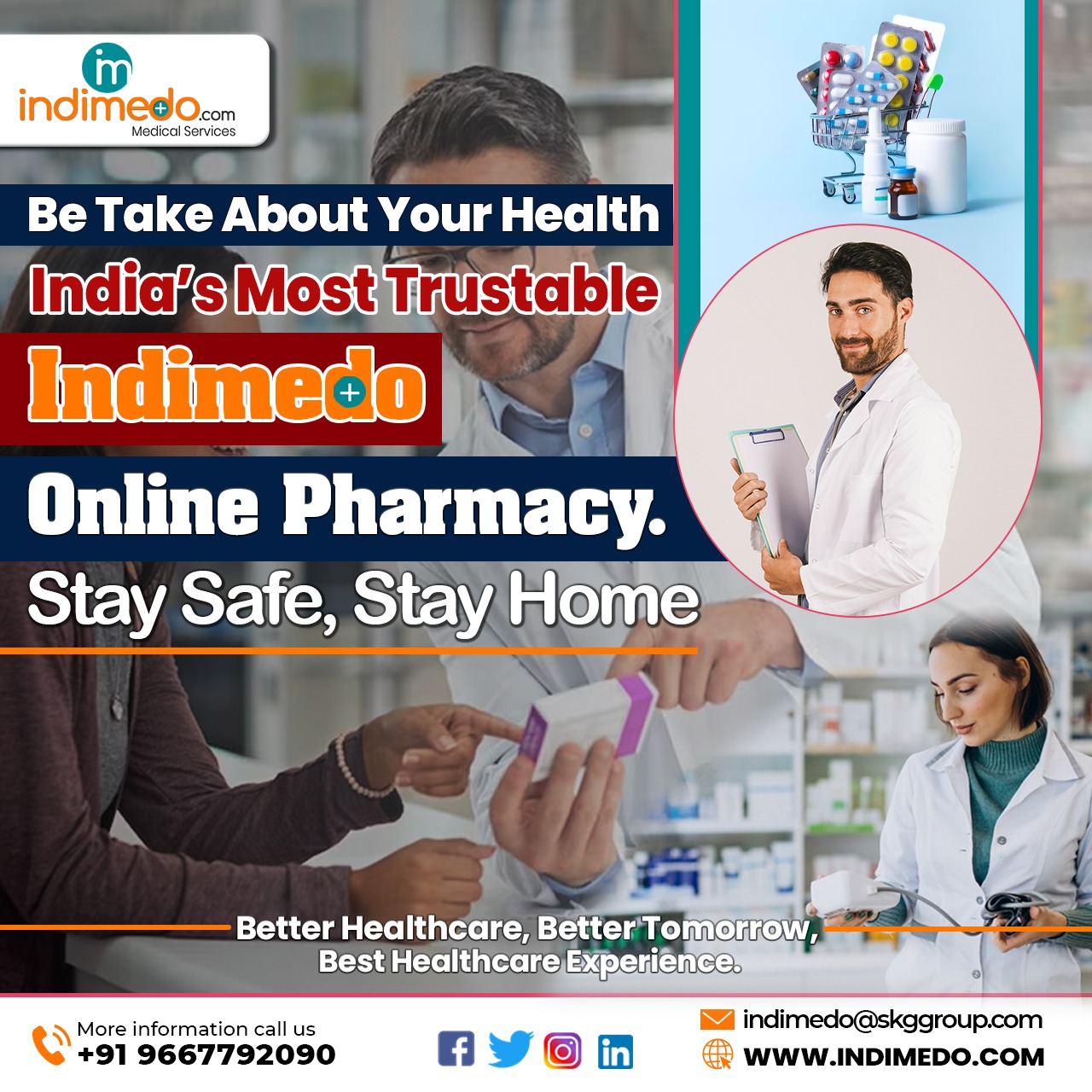Introduction to Health Tech Platforms

Introduction to Health Tech Platforms
Health tech platforms are revolutionizing the healthcare industry by leveraging technology to improve patient care, streamline processes, and enhance overall healthcare outcomes. These platforms encompass a wide range of digital solutions designed to facilitate communication between patients and healthcare providers, streamline administrative tasks, and optimize clinical workflows.
Evolution of Health Tech Platforms
From Traditional Healthcare to Digital Solutions
Traditionally, healthcare delivery relied heavily on face-to-face interactions between patients and providers, often limited by geographical barriers and resource constraints. However, advancements in technology have paved the way for innovative solutions that transcend traditional boundaries, enabling remote consultations, telemedicine services, and digital health monitoring.
Integration of Technology in Healthcare
The integration of technology in healthcare has transformed the way medical services are delivered, making it more accessible, efficient, and patient-centric. Health tech platforms leverage digital tools such as mobile applications, wearable devices, and cloud-based systems to empower patients, streamline administrative tasks, and facilitate data-driven decision-making.
Key Features of Health Tech Platforms
Telemedicine Services
Telemedicine services enable patients to consult healthcare providers remotely, reducing the need for in-person visits and overcoming geographical barriers to care. Through secure video conferencing and messaging platforms, patients can receive medical advice, prescriptions, and follow-up care from the comfort of their homes.
Remote Patient Monitoring
Remote patient monitoring allows healthcare providers to track patients' health status and vital signs in real-time, enabling early detection of health issues and proactive interventions. Wearable devices and IoT sensors collect and transmit data to healthcare professionals, facilitating continuous monitoring and personalized care management.
Health Tracking and Analytics
Health tech platforms offer tools for patients to track their health metrics, such as physical activity, sleep patterns, and medication adherence. By analyzing this data, both patients and providers gain insights into health trends, identify potential risks, and make informed decisions about treatment and lifestyle modifications.
Benefits of Health Tech Platforms
Improved Access to Healthcare
Health tech platforms bridge geographical barriers and expand access to healthcare services, particularly for underserved populations and rural communities. Patients can connect with healthcare providers regardless of their location, reducing travel time and increasing convenience.
Enhanced Patient Engagement
By empowering patients to actively participate in their healthcare journey, health tech platforms promote engagement, adherence to treatment plans, and shared decision-making. Patients have access to educational resources, personalized health information, and support networks, fostering a collaborative relationship with their providers.
Efficient Healthcare Delivery
Streamlined workflows, automated processes, and digital documentation enhance the efficiency of healthcare delivery, reducing administrative burdens and freeing up time for providers to focus on patient care. Health tech platforms facilitate communication and coordination among multidisciplinary care teams, improving care coordination and continuity.
Challenges in Health Tech Adoption
Data Privacy and Security
The use of digital health technologies raises concerns about the privacy and security of patient information, particularly regarding data breaches, unauthorized access, and compliance with regulatory standards such as HIPAA. Health tech platforms must implement robust security measures and encryption protocols to safeguard sensitive data and maintain patient confidentiality.
User Acceptance and Adoption
Despite the potential benefits of health tech platforms, user acceptance and adoption remain significant challenges. Patients and healthcare providers may encounter barriers such as technological literacy, resistance to change, and concerns about the reliability and usability of digital solutions. Effective training, education, and user support are essential for overcoming these barriers and promoting widespread adoption.
Future Trends in Health Tech Platforms
AI and Machine Learning
Advancements in artificial intelligence (AI) and machine learning are driving innovation in health tech platforms, enabling predictive analytics, personalized medicine, and clinical decision support systems. AI algorithms analyze vast amounts of healthcare data to identify patterns, optimize treatment protocols, and improve diagnostic accuracy.
Personalized Medicine
Health tech platforms are increasingly focusing on personalized medicine approaches, tailoring treatment plans and interventions to individual patient needs, preferences, and genetic profiles. By integrating genetic testing, predictive modeling, and patient-generated data, personalized medicine enhances treatment outcomes and patient satisfaction.
IoT in Healthcare
The Internet of Things (IoT) holds promise for transforming healthcare delivery through interconnected devices and sensors that monitor patient health, manage chronic conditions, and facilitate remote care. IoT-enabled devices, such as smart wearables and home health monitoring systems, enable continuous data collection and real-time communication between patients and providers.
Conclusion
Health tech platforms represent a paradigm shift in healthcare delivery, offering innovative solutions to address the evolving needs and challenges of modern healthcare systems. By harnessing the power of technology, these platforms empower patients, optimize clinical workflows, and improve healthcare outcomes for individuals and communities.





 Login with Facebook
Login with Facebook
 Login with Google
Login with Google